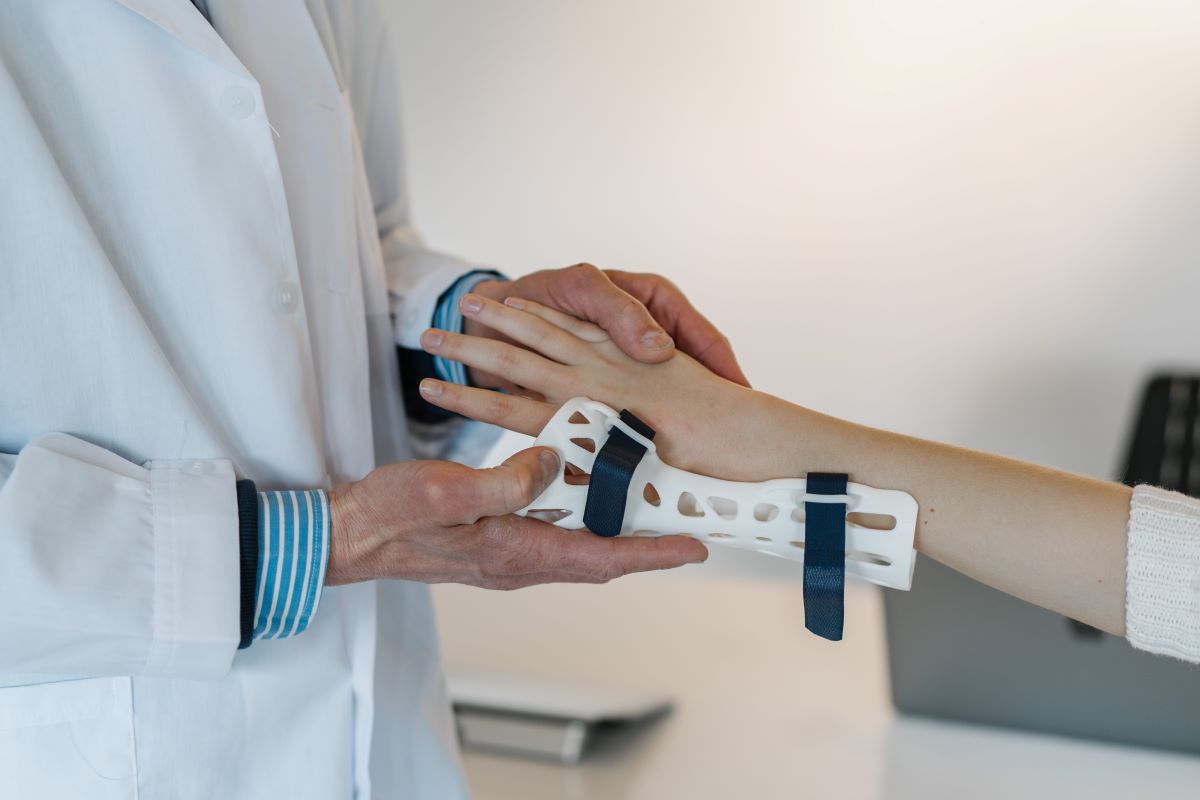Patient Care Technicians (PCTs) play a crucial role in the healthcare industry by providing direct care and support to patients under the supervision of registered nurses or other healthcare professionals. Their responsibilities encompass various aspects of patient well-being, from monitoring vital signs to assisting with activities of daily living. One of the intriguing aspects of pursuing a career as a PCT is the diversity of work settings available. In this article, we'll explore six different places where patient care technicians can work, shedding light on the unique opportunities and challenges each setting presents.
1. Hospitals
Hospitals are among the most common and traditional workplaces for patient care technicians. PCTs in hospitals are responsible for providing basic patient care, which includes taking vital signs, assisting with bathing and dressing, changing bed linens, and helping with mobility. They also play a vital role in observing and reporting any changes in a patient's condition to the nursing staff.
Working in a hospital setting can be fast-paced and demanding, as patient conditions can vary greatly. PCTs must be adaptable and ready to assist with various medical procedures, such as wound care, catheterization, and EKGs. Teamwork is essential in hospitals, as PCTs collaborate closely with nurses, physicians, and other healthcare professionals to ensure the best patient outcomes.
2. Nursing Homes and Long-Term Care Facilities
Nursing homes and long-term care facilities cater to elderly and chronically ill patients who require ongoing care and support. Patient care technicians in these settings play a crucial role in improving the quality of life for residents. Their responsibilities include helping residents with daily activities, administering medications, and assisting with therapies and rehabilitation exercises.
Working in nursing homes can be emotionally rewarding as PCTs often develop strong bonds with residents and witness their progress. However, it can also be emotionally challenging, as they may deal with patients who have complex medical conditions and require end-of-life care. Compassion, patience, and empathy are essential traits for PCTs in this environment.
3. Outpatient Clinics
Outpatient clinics provide a wide range of medical services without the extended stay associated with hospitals or long-term care facilities. Patient care technicians in outpatient clinics assist with tasks such as taking patient histories, preparing examination rooms, and helping with minor medical procedures like wound care, vaccinations, and blood draws.
Working in outpatient clinics offers a more predictable schedule compared to hospitals and long-term care facilities. PCTs in this setting interact with a diverse group of patients, each with unique healthcare needs. Attention to detail and excellent communication skills are vital for success in outpatient clinics.
4. Home Healthcare
In the era of personalized medicine, home healthcare has gained popularity as a preferred option for many patients. Patient care technicians who choose to work in home healthcare have the unique opportunity to provide one-on-one care in the comfort of a patient's home. They assist with activities of daily living, medication management, and ensuring that patients follow their care plans.
Home healthcare PCTs often form close bonds with their patients and their families. They also play a pivotal role in monitoring patients' conditions and reporting any changes to the healthcare team. However, working independently in patients' homes requires strong organizational skills and the ability to adapt to various home environments.
5. Rehabilitation Centers
Rehabilitation centers focus on helping patients recover from injuries, surgeries, or debilitating conditions, such as strokes or spinal cord injuries. Patient care technicians in rehabilitation centers collaborate with physical therapists, occupational therapists, and other healthcare professionals to assist patients in their recovery journey.
In this setting, PCTs may help patients with mobility exercises, assistive devices, and activities aimed at regaining independence. Patience and encouragement are vital attributes for PCTs in rehabilitation centers, as they provide essential support during what can be a challenging and emotionally charged phase of a patient's life.
6. Dialysis Centers
Dialysis centers are specialized facilities that provide life-sustaining treatment to patients with kidney disease. Patient care technicians in dialysis centers are responsible for setting up and maintaining dialysis machines, monitoring patients during treatment, and ensuring their comfort and safety.
Working in a dialysis center can be highly rewarding, as PCTs make a significant impact on the lives of patients who depend on regular dialysis sessions. Attention to detail and the ability to work efficiently are essential in this setting, as dialysis treatments are often scheduled rigorously to accommodate multiple patients.
Patient care technicians have the opportunity to work in a variety of healthcare settings, each with its unique demands and rewards. Whether in hospitals, nursing homes, outpatient clinics, home healthcare, rehabilitation centers, or dialysis centers, PCTs play an essential role in providing high-quality care to patients in need.
If you're aspiring to become a patient care technician and want to receive comprehensive training for a successful career, consider enrolling in the Patient Care Technician Bootcamp offered by Health Tech Academy. Our program equips you with the knowledge and skills necessary to excel in this field, including hands-on training and clinical experience. Don't miss the chance to join an industry leader and embark on a fulfilling career as a patient care technician with Health Tech Academy's support and expertise.




